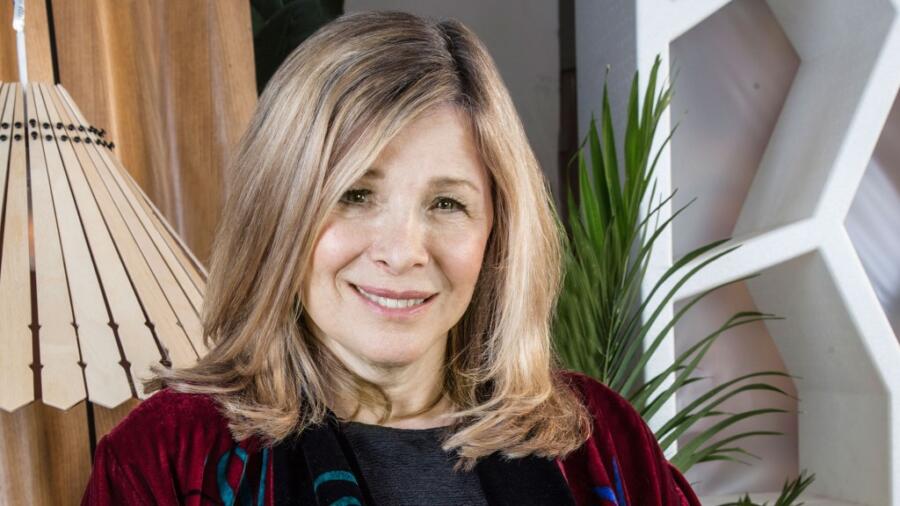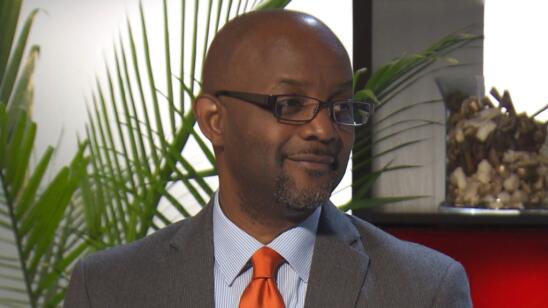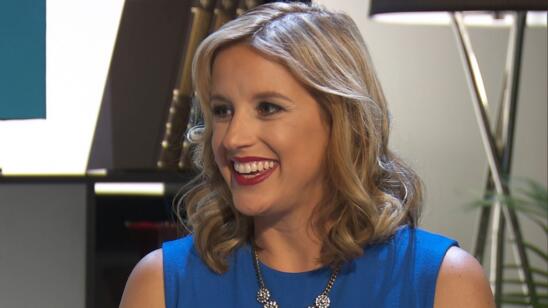From the beginning of Married at First Sight, Dr. Pepper Schwartz was there, giving invaluable advice to each participant as they said “I do,” with no idea what was in store.
Dealing with fierce arguments, streams of tears and people who were straight-up repelled from their spouse (all of which happened in just Season 1 by the way), it was clear that Dr. Schwartz and her colleagues had their work cut out for them. And now, 12 couples and three cities later, Dr. Schwartz is helping our newlyweds carve a path towards long-lasting love with the help of extreme matchmaking. Find out more about “Dr. Pepper” and how the experiment has changed from season to season.
For people new to the world of MAFS, could you describe your background and expertise?
I have a Ph.D. in Sociology from Yale University and I teach courses on human sexuality and intimate relationships at the University of Washington in Seattle. I am the past president of the Society for the Scientific Study of Sexuality and past president of the Pacific Sociological Association. I am the author of 25 books on topics of relationships and intimate relationships. I have done workshops with couples and talks about love, sex and relationships, all over the United States and in many parts of the world, including Africa, Bermuda, Canada, France, India, Indonesia, Mexico, Singapore and Vietnam. I was given an award for Public Understanding of Sociology by the American Sociological Association, and have received other awards for contributions to higher education.
As the only original expert returning, how has your experience changed from Season 1 to Season 4?
I am grateful to be returning to Married at First Sight because each season I learn more about the special pressures that our couples face during the show, and I think I learn more each season about which of our candidates would be best-suited to getting married under these documented situations. Every team has its own magic, talent and contributions and I have enjoyed all my colleagues. I hope to provide some continuity from the first team to the second that helps my new colleagues reap the lessons from the first three seasons.
I feel that our show’s audience has grown, the number of people who believe in our process has grown and I feel more trust, and more enthusiasm, in each successive group of candidates. I feel more confident of what we have to offer as time goes by and we have learned to be more involved with the marriages from the very beginning. I think early interventions have helped our couples a lot–especially in the beginning when they are so nervous and often overwhelmed with all of a sudden being a bride or groom. I love my new colleagues’ energy and positive attitude and their respect for what my previous colleagues have established with the couples. I think we build on what we have learned and we learn new things all the time. Rachel’s coaching style and Pastor Calvin’s ability to call our men and women to interact with their husband or wife with their best nature have all built on the solid foundation that my earlier colleagues constructed.
Has the selection process changed from Season 1 to Season 4?
Yes, we do more in-depth background checks. If we see even a small potential problem in a candidate, we spend more time on finding out how it might affect a spouse and if we decide it is a significant issue, we are more likely to avoid matching that person. We have also added questions to our interviews that come from Rachel’s coaching practice and Pastor Calvin’s workshops. We are looking for more similarities than differences in our candidates–-while also understanding that some differences are creative and can create chemistry and interest. We also look at the core goodness of each person and recognize some warning signals better than before. However I think, on the whole, we have kept the core selection processes intact.
What are the most important characteristics to look for when matchmaking?
1. I believe couples need similar values and goals.
2. Two people have to want to head in the same direction. I also look for social class and educational similarities and only make exceptions when there are other very strong things in common.
3. I look at family background–a strong, loving relationship with at least one parent or family system is usually important. If they love animals, or do good work, or in some way, show heart and compassion, I am disposed towards them.
4. A certain niceness–ability to have empathy–care about others and look to their own responsibility when things have gone sideways in the past.
5. A demonstrated ability to commit. If they have never had a serious relationship and worked at it, that worries me.
6. People who take care of themselves. They do not have to be beautiful or handsome, but they have to take pride in themselves.
7. People who do not have a long list of “must-haves” and who have a broad template for who they find attractive and what that person should be like.
8. I prefer them to have a job they like–even love. I like to see people who are passionate about life: enthusiasm, energy, optimism are important.
9. People who understand that a marriage needs apologies, forgiveness, an open heart and mind.
How do deal breakers by participants affect the selection process?
A long list of deal breakers makes it almost impossible to match someone. We expect some, and the most common ones make sense. Many people do not want to live with someone who smokes. Some people are allergic to animals and can’t live with someone who has them. These are understandable. We see some bigger issues that also have to be taken into account. For example, racial and religious preferences are important in people’s lives and we pay attention to people’s comfort level on those characteristics, but we don’t shy away from matching people of different religions and races unless they are listed as deal breakers-–in which case we strictly adhere to the person’s preferences. We don’t want to put any couple in an untenable situation. What makes us uncomfortable is when the deal breakers are on things we don’t consider are central to a happy marriage–such as deal breakers about height, hair color or distance.
For more advice from our seasoned expert Dr. Pepper Schwartz, stay tuned to Married at First Sight, Tuesdays at 8:30/7:30c.
**This interview was condensed and edited for FYI.tv**


